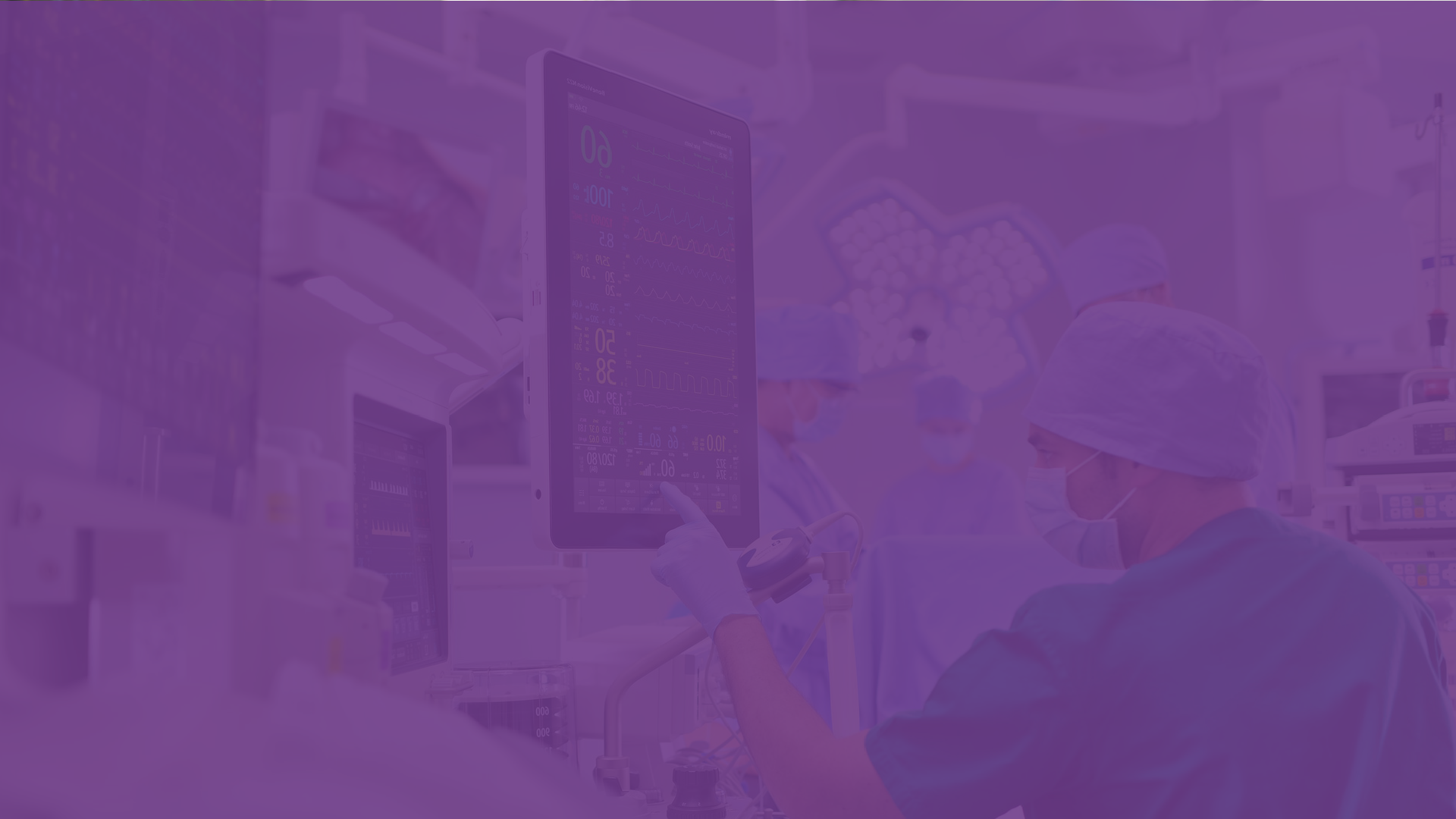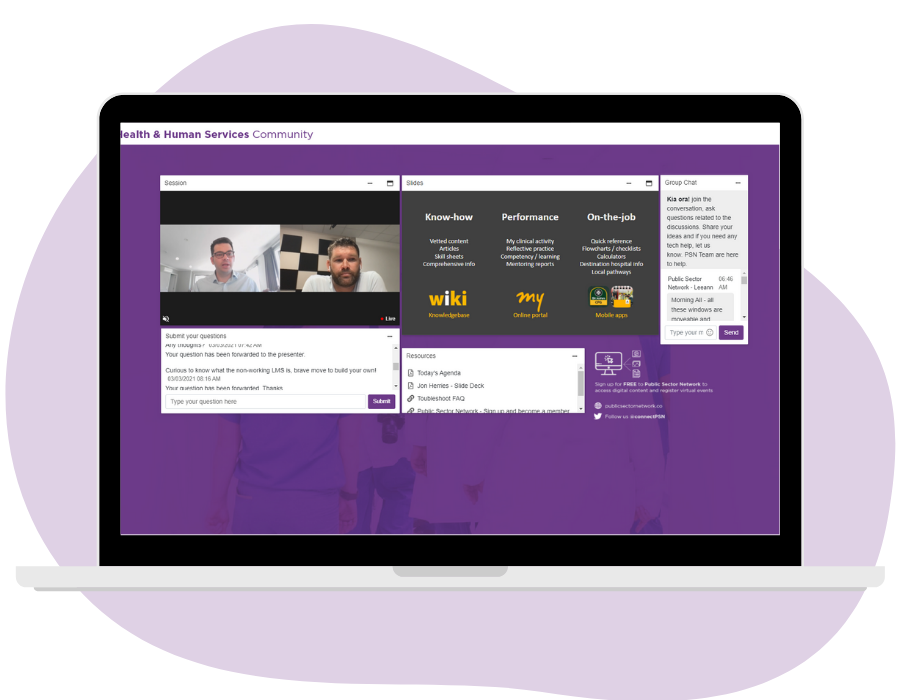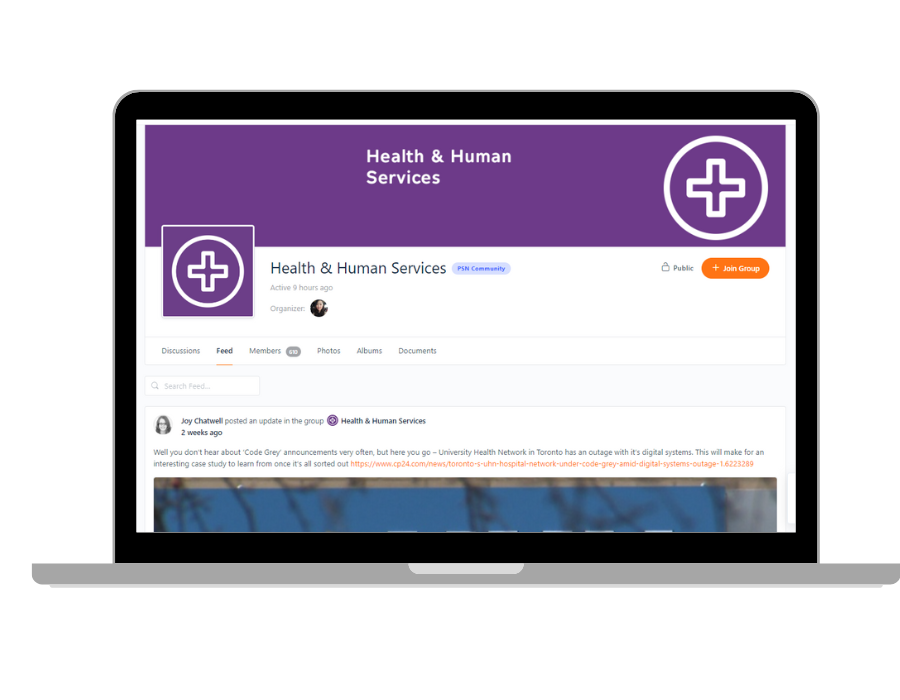
Uplifting Healthcare Analytics for Greater Outcomes
Tuesday, 10 & Tuesday, 17 October 2023 | 10:00 AM – 2:30 PM AEDT | Online
Training Overview
Solving Problems, Closing Gaps and Optimising Opportunities
As a Healthcare Analytics professional, you have more data at your fingertips than ever. The increasing use of technology in healthcare has added to this pool of ‘big data’. From telehealth, electronic patient records, electronic referrals and prescriptions – this is just the tip of the iceberg. All this digital health data has huge potential to improve population health and clinical and medical settings, when accurately analysed and understood.
However, as you know healthcare data is not without its quirks and complexities. Plus you have to deal with fragmentation and varying levels of data quality. Not to mention the minefield that is the ethical and privacy considerations.
A recent survey revealed that 79% of healthcare executives say that data analytics is an intrinsic part of their organisation. Yet only 44% trust their data entirely, with 51% saying data quality is a challenge preventing them from successfully implementing analytics.
The Uplifting Healthcare Analytics for Greater Outcomes online training will address these concerns and much more. With a focus on understanding the key stakeholders, their role and responsibilities; formulating the right questions and their impact on data analytics success; the role of descriptive analytics; harnessing the power of predictive analytics and navigating the ethical implications. These insights will enable you to identify patient risk, improve patient outcomes and experience, recognising reduced clinical errors and reduced costs.

Who Should Attend
This course is designed for directors, heads, managers, specialists, officers and advisors, in charge of transforming all three levels of government including:
Data, Analytics and Information
Digital Health and Business Analytics
Clinical Data and Health Informatics
Learning Outcomes
Define healthcare analytics and its impact on healthcare outcomes
Understand key stakeholders and their roles in healthcare analytics
Formulate impactful questions and their influence on data analytics success
Learn about descriptive statistics, comparative analysis, factor analysis, time series analysis and regression analysis
Meet Your Facilitator

RABIA KHAN
Epidemiologist, Data Whisperer, Change-maker
Data Action Impact
With 20 years’ experience working across the world, and in both government and not for profit sector, Rabia Khan been solving complex problems using data. She has worked on issues like COVID-19 pandemic, antibiotic resistance, mental health, poor housing, air pollution, and even making our complex public systems work better.
Rabia has worked in big organisations like the OECD, NHS England, NSW Health, Queensland Health and The George Institute to create meaningful change across the world. She is also a board member of TUFH- an international organisation that fosters equitable community-oriented services and education with the goal of improving health locally and globally.
Rabia has found her ‘sweet spot’ in using data to help people to do more good, to make better decisions, and to increase their impact through meaningful change. She works with people to solve problems using data. She also builds expertise by sharing her skills and knowledge and telling stories that stick.
Key Sessions
The fundamentals of healthcare analytics
- Addressing Challenges and Improving Healthcare Outcome
- Defining healthcare analytics
- Discussing the challenges and gaps that effective analytics can address
- The role of data and analytics in improving healthcare outcomes
- Key stakeholders and their roles in healthcare analytics
- Understanding the key stakeholders
- 25Their roles and responsibilities
Formulating the right questions of your data
- Asking the right questions in healthcare analytics
- Recognise the impact of well-formulated questions on the success of healthcare analytics projects
- Build meaningful insights and actionable outcomes
- The role of critical thinking and problem-solving
- Identifying the problems that you want to help
- Critical thinking
Descriptive Statistical Analytics in Healthcare
- Descriptive statistical analytics in healthcare
- Apply descriptive statistical techniques to gain insights into patient populations, healthcare utilisation, and trends
- Interpret descriptive analytics results to identify patterns, outliers, and potential areas for improvement in healthcare delivery
- Communicate descriptive analytics findings effectively to stakeholders in the healthcare domain
Predictive Analytics in Healthcare
- Understand the role of predictive analytics in healthcare
- Explain the concept of predictive analytics and its role in healthcare decision-making and planning
- Understand the underlying concepts and techniques of predictive analytics in healthcare
- Discuss the ethical considerations and challenges associated with predictive analytics in healthcare
Registration
Final Price
$1195
per person + GST
Interested In Learning More?

